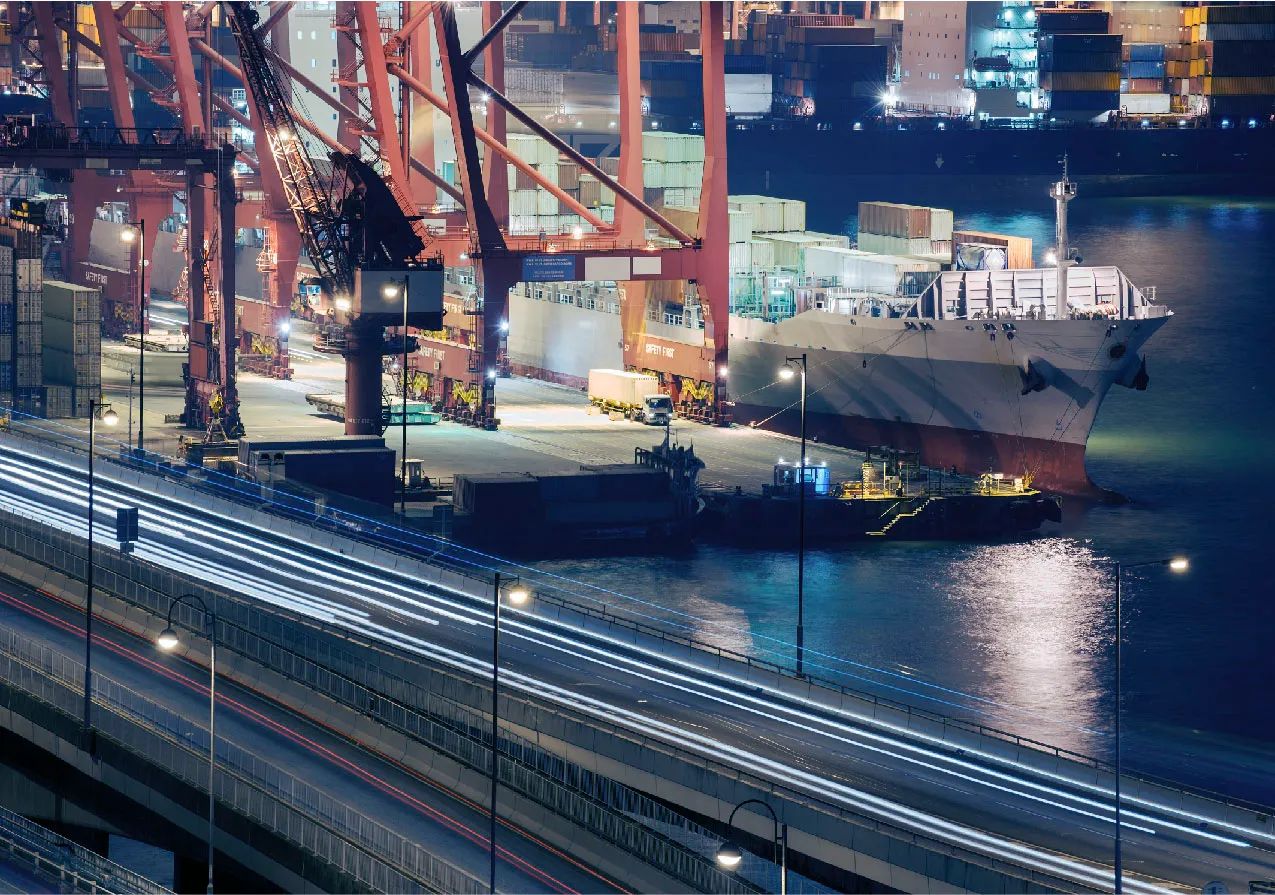Trade finance banks face questions over tariff hit
Banks have warned that prolonged US tariffs are likely to damage the economy, but say disruptions to supply chains may provide a short-term boost to trade finance.
US President Donald Trump’s 145% tariffs on Chinese imports as well as currently paused levies on imports from other top trading partners are upending some supply chains, a situation further complicated by retaliatory measures from countries such as China and Canada.
While large US lenders posted bumper first quarter results due to accelerated equities trading activity, top executives fielded questions about the trade upheaval in earnings calls over the last week.
“You are the bank that facilitates global trade in the middle of a global trade war”, Wells Fargo analyst Mike Mayo said during Citi’s results briefing. Mayo asked the bank’s executives about concerns that “credit could implode” and harm returns at the lender, which has a large global presence.
“We are the ones that are helping affected companies reconfigure the flows,” chief executive Jane Fraser responded, saying Citi has a “unique” footprint and is “not a bunch of suitcase bankers that fly in”.
Ongoing high tariffs “would dampen economic activity here in the US and abroad,” she said. “Cross-border trade flows will change. We’ll be in the middle of facilitating that, so we expect to be very busy there, along with the hedging and associated financing activity that goes with it.”
Chief financial officer Mark Mason said Citi “saw good operating momentum” in its treasury and trade solutions unit during the first three months of the year, including trade loan growth.
Citi reported US$14.5bn in revenue from its trade and treasury unit last year, a figure that includes a large range of products in addition to trade.
Analysts also quizzed JP Morgan chief executive Jamie Dimon about whether the bank’s own large overseas presence and relationships with foreign governments could be damaged by the impact of tariffs and US foreign policy.
“I honestly add that to the list of worries,” Dimon said. “We will be in the crosshairs. That’s what’s going to happen. And it’s okay. We’re deeply embedded in these other countries. People like us, but I do think some clients or some countries will feel differently about American banks, and we’ll just have to deal with that.”
The earnings calls took place before the World Trade Organization forecast a sharp contraction in trade with North America over the coming year, as well as an global decline of 0.2%.
London-headquartered HSBC and Standard Chartered have also come under investor scrutiny over their focus on cross-border business in Asia, the continent targeted most aggressively by the postponed measures pledged by Trump on April 2.
Share prices of both lenders nosedived after the tariff announcement, but have since partially recovered.
“HSBC and Standard Chartered’s emerging-market focus and exposure to global trade set them apart from European peers, with their continued pivot to Asia making them increasingly comparable – and their earnings more vulnerable – to recent reciprocal tariffs,” Bloomberg Intelligence analyst Tomasz Noetzel said in a client note.
“Trade finance is the most exposed to US tariffs,” Noetzel wrote of HSBC, “but related areas – like cash management and forex tied to cross-border activity – also face risk”. The analyst suggested as much as 40% of Standard Chartered’s revenue may come from trade-related activity, but also noted the lender’s network income “is relatively diversified” and that it has limited exposure to the US-China trade corridor.
HSBC and Standard Chartered reported operating income from their trade units of US$1.99bn and US$1.27bn respectively last year.
Standard Chartered chief executive Bill Winters said that the bank is “working closely with our clients as they adjust their supply chains, adapt their business models and cope with the expected lower global and local growth”.
Broadly, trade finance revenues at large lenders have been largely steady over the past two years, which showed the ten largest transaction banking providers earned revenues of US$6.4bn from trade finance in 2024, the same figure as 2023.
Four European trade finance bankers, speaking anonymously, said clients that export to the US were yet to make significant decisions about potential strategy changes, but that some had sought advice from banks about exploring new markets.
Clients taking that approach may stimulate trade finance activity in the short term because exporters are more likely to need trade instruments when selling to unfamiliar buyers, some of the banking sources said.
Eric Li, head of global banking research at Coalition Greenwich, says short-term activity has been “quite positive as corporates have been stockpiling since November last year in anticipation of tariffs”.
“Significant volume and financing demands are generally good for the trade finance business,” Li said, noting that banks have an edge over non-bank rivals due to the former’s advisory capabilities and “general trends of flight to quality”.
“Mid-term, we expect the impacts to be mixed on trade finance as higher financing volumes due to stockpiling activities could be offset by weaker cross-border flows due to economic slowdowns and deteriorating credit profiles of corporates,” he adds.





